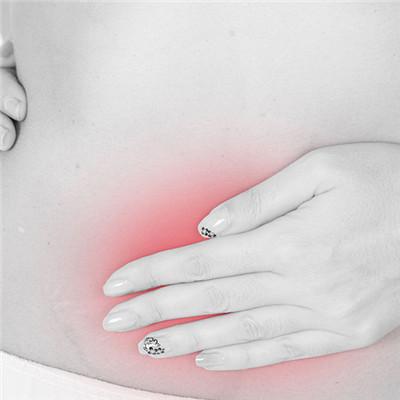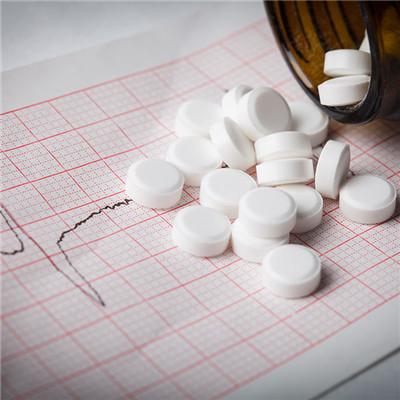What symptom does infantile stomach disease have?
summary
Compared with adults, babies are more likely to have diarrhea, abdominal distension, vomiting, anorexia and other gastrointestinal discomfort, thus affecting the digestion and absorption of nutrients. Therefore, the health of gastrointestinal tract is very important for the development and growth of the baby. Parents need to care carefully about the gastrointestinal tract of the baby. What symptom does infantile stomach disease have? Let's talk about it.
What symptom does infantile stomach disease have?
Diarrhea: diarrhea is the most common gastrointestinal problem in babies. The main symptoms are the increase of stool frequency and the change of character, accompanied by abdominal distension, abdominal pain, anorexia, vomiting and other gastrointestinal symptoms. The disease can occur in all seasons of the year, especially in summer and autumn. It is usually caused by many factors, such as catching cold, bacterial virus infection, improper feeding and so on. The development of infant gastrointestinal tract is not mature and the activity of enzyme is low, but the nutritional needs are relatively more and the burden of gastrointestinal tract is heavy. The development of nervous, endocrine, circulatory system, liver and kidney function in infant was immature, and the regulation function was poor. The immune function of infants is not perfect. The titer of serum E. coli antibody was the lowest from birth to 2 years old, and then gradually increased. Therefore, infants are prone to colitis. The antibody titer of E. coli in breast milk is high, especially the IgA secreted by pathogenic E. coli in colostrum. Therefore, breast fed infants are less ill and less ill. In the same way, the antibody of rotavirus in small infants is low, and when the same group epidemic, the small infants suffer from more diseases. The distribution of body fluids in infants is different from that of adults, the proportion of extracellular fluid is higher, and the water metabolism is vigorous, and the regulation function is poor, which is prone to fluid and electrolyte disorder. Infants are prone to rickets, malnutrition, and digestive disorders. At this time, the intestinal secreting IgA is insufficient, and it is easy to delay after diarrhea.

Flatulence: the cause of baby's abdominal flatulence may be: swallowing too much air, gastrointestinal peristalsis disorder, etc., it is easy to cause baby's abdominal flatulence, most symptomatic treatment can. For example, when feeding the baby with a bottle, the baby sucks too quickly, it is easy to inhale too much air. When the size of the nipple hole of the bottle is inappropriate or the bottle body is tilted, the air will be sucked into the baby's stomach through the gap of the nipple, leading to flatulence. Therefore, we should pay attention to feeding, choose the right feeding posture, and choose the right feeding tools.

Vomiting: if your baby is otherwise healthy, but vomits immediately after eating, or for no reason, it is likely to be caused by gastroesophageal reflux. If the baby's esophagus and stomach between the muscle does not play a normal role, so that the food in the stomach up to the throat, causing gastroesophageal reflux. Although the baby can not express, but he may also feel abdominal discomfort, or throat and chest burning or discomfort.

matters needing attention
When the baby is a few months old, gastrointestinal bacteria are the most likely cause of vomiting. If the baby goes to the nursery during the day, or some older children around bring new bacteria to your home, it is more likely to happen. You must insist that everyone in the family wash their hands thoroughly after going to the toilet or changing their baby's diapers, so as to prevent the spread of germs. At the same time, also try to ensure that the baby's hands clean. After the baby is infected with gastrointestinal bacteria, in addition to vomiting, diarrhea, loss of appetite and fever may also appear.














